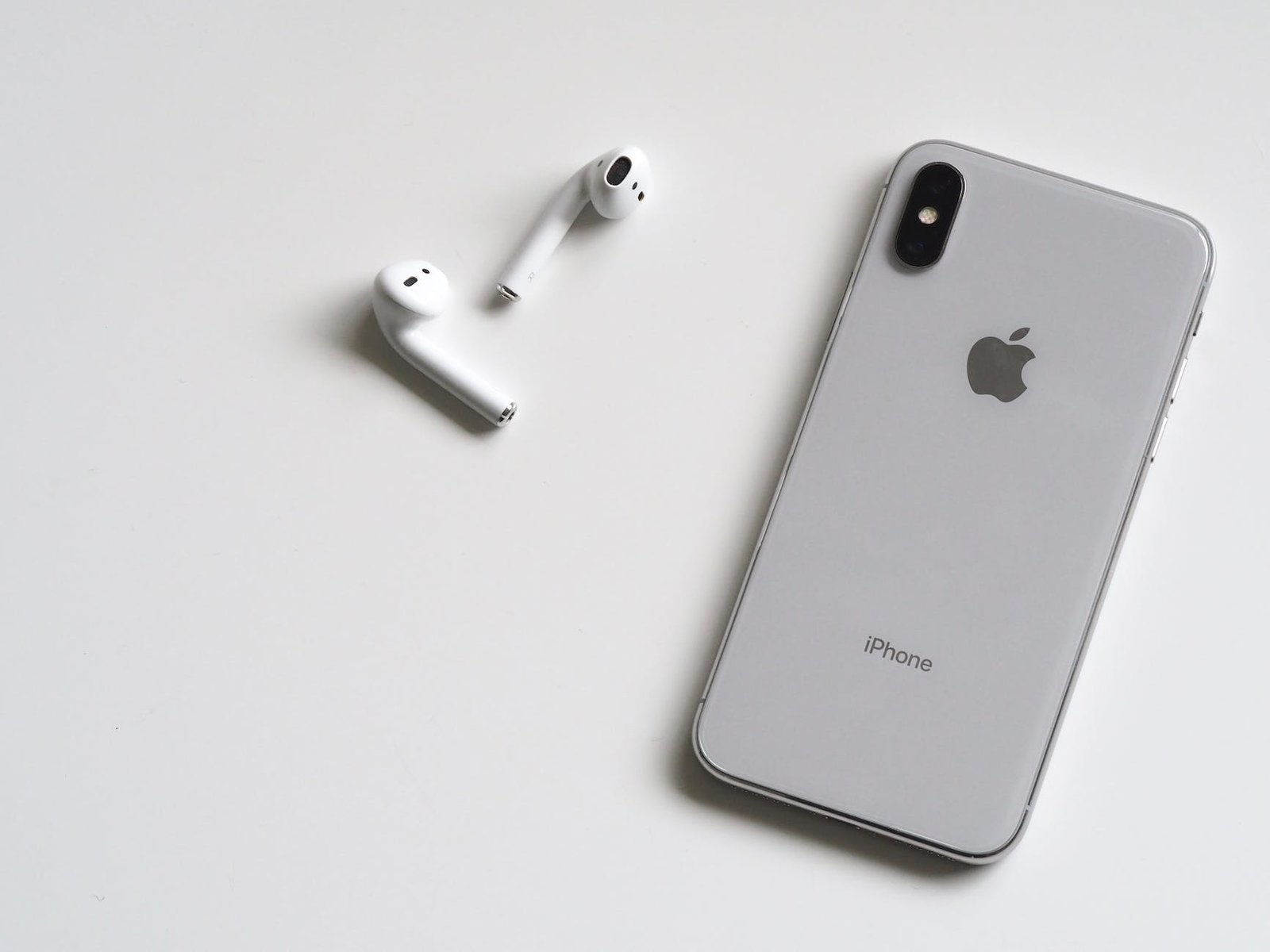Headline: Elon Musk Denies Monkey Deaths in Neuralink Implant Trials, Citing “Terminal” Subjects
Elon Musk, the visionary entrepreneur behind Neuralink, has vehemently denied recent reports suggesting that the brain implant company was responsible for the deaths of monkeys used in research experiments. Instead, Musk contends that the tests were exclusively conducted on primates already in terminal health.
Neuralink faced scrutiny after admitting to euthanizing eight animals during trials of its revolutionary brain-computer interface technology in the past year. However, accusations of subjecting monkeys to “extreme suffering” from the Physicians Committee for Responsible Medicine (PCRM) were firmly denied.
The PCRM alleged “inadequate animal care” at Neuralink’s laboratory located at the University of California’s Davis Primate Centre, pointing to nine violations of the Animal Welfare Act. In response, Neuralink defended its animal testing record through a blog post last year, asserting its commitment to the ethical and humane treatment of animals.
The company argued that rigorous planning and ethical considerations were central to the use of animals in their research, aiming to balance scientific discovery with animal welfare. Elon Musk, CEO of Neuralink, has now expanded on their animal testing practices following inquiries from followers on the social platform X (formerly Twitter).
In a recent post on X, Musk stated, “No monkey has died as a result of a Neuralink implant. First, our early implants, to minimize risk to healthy monkeys, we chose terminal monkeys (close to death already).”
Founded in 2016, Neuralink has set out to merge artificial intelligence with the human brain. The implanted chips have the potential to enhance hearing, vision, and even offer improved cognitive abilities and anxiety relief. Early applications of the technology are expected to focus on treating brain disorders and neurological conditions, although no specific timeline for human use of these chips has been announced.
In a significant development, Neuralink revealed in May that it had received approval from the U.S. Food and Drug Administration (FDA) to commence human testing. This regulatory milestone was described by Neuralink as an essential step toward helping a wide range of people with its groundbreaking technology.







